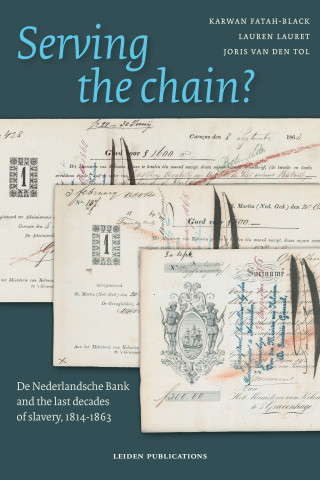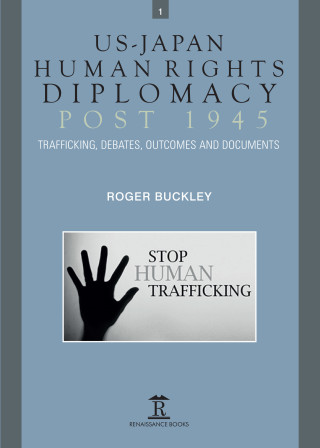With the rising tide of scholarly and societal interest in the history and legacy of colonialism and slavery, this collection offers a much-needed diachronic analysis of the cultural representations of the lives and afterlives of those subjected to slavery and indenture. It focuses on the history of the ‘neerlandophone’ space, defined as the complex linguistic space spanning former Dutch colonies. This collection gives a longue durée overview, with cases from the early modern period to the present day, revealing the deep roots of the colonial ‘cultural archive’. Scholars from a wide variety of disciplines demonstrate how attention to the layered and polyphonic qualities of narratives can reveal silent and disruptive voices in colonial discourse, as well as collective emotions and imaginations that have hitherto remained unrecorded in historical sources. They discuss different aesthetic, poetic, and storytelling practices, including literature, archival and legal documents, performance, architecture, photography, and philosophy, formed both in the metropolis and by enslaved and indentured peoples in the colonies.





